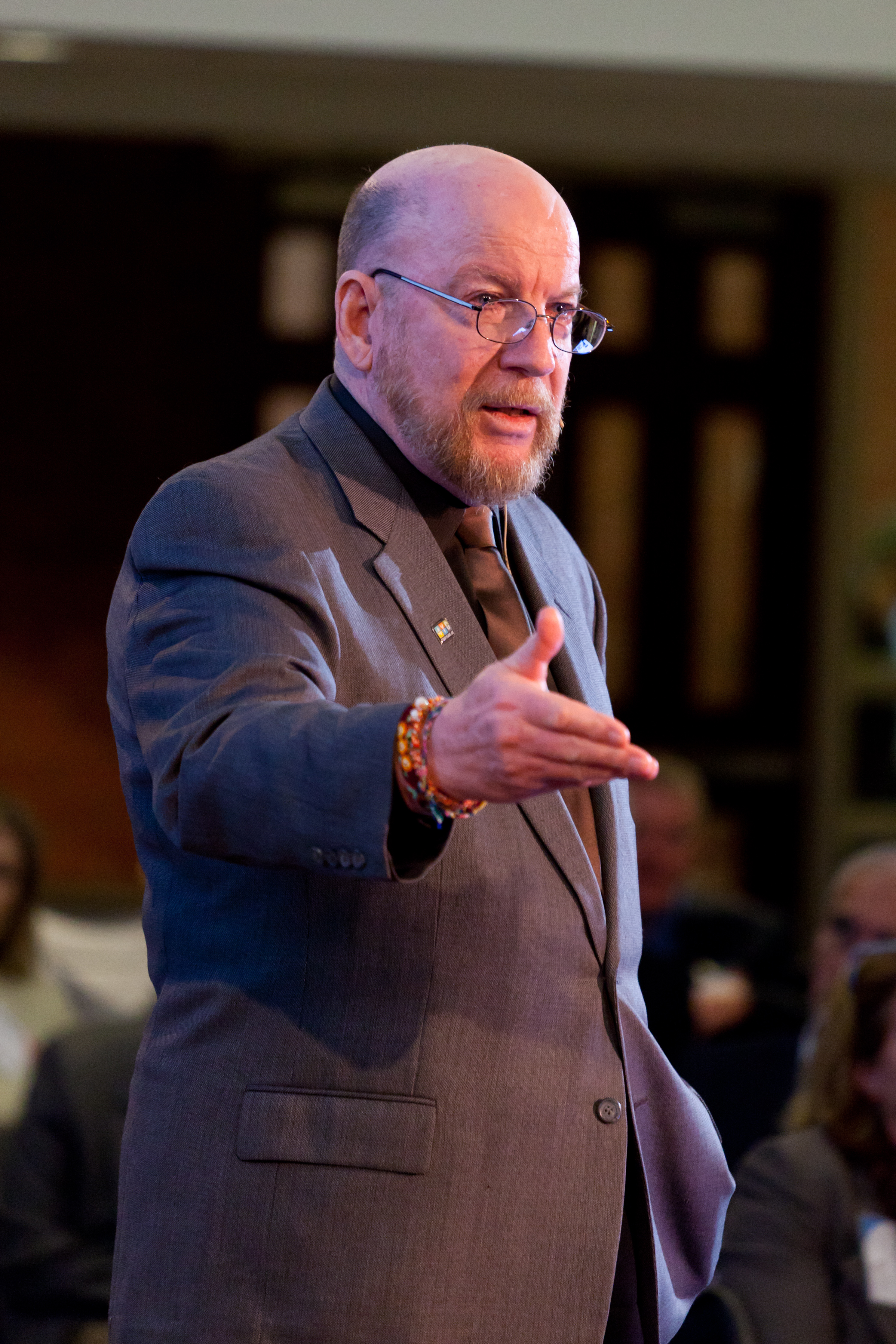
There is an old saying frequently attributed to the Buddha: “Pain is inevitable, suffering is optional.”
Many people are familiar with this saying but far fewer seem to live their lives as if their suffering is truly an option. Few seem to realize that the thinking they add to their physical or emotional pain is the source of their suffering, not the pain itself.
In my December 2018 newsletter article, “False Narratives: Causes of Needless Suffering,” the stories we tell ourselves about anything we think should be different than what causes the suffering, not the situation – whether it be a betrayal of a friend, a kick in the chin or a hurtful comment. Our minds are the biggest source of our suffering, not the painful incident.
Psychology Today addressed this in an article* several years ago:
“Suffering is both a cause and an effect of the catastrophic cognitions and distressing emotions associated with chronic pain: anxiety, irritability, anger, fear, depression, frustration, guilt, shame, loneliness, hopelessness, and helplessness. Negative thinking only makes situations we believe to be “bad,” worse. Many people, including those who do not suffer from chronic pain, can ruminate on something by continuously and unproductively replaying it in their minds or magnify the negative aspects of it. Our thoughts have the capacity to make us miserable, and negative thinking can be especially insidious, feeding on itself, with the potential to become a self-fulfilling and self-defeating prophesy.”
We can’t avoid painful incidents. They happen. We may be able to minimize them but they cannot be completely avoided. To that degree, they are inevitable.
In contrast, we do have total control over whether we suffer over these incidents, making ourselves miserable as the article implies. We can control what we think about.
Next time something occurs that you wish didn’t happen, watch for the tendency to ruminate on it and cause yourself unnecessary suffering.
*“Pain Is Inevitable; Suffering Is Optional,” by Dan Mager, MSW, Psychology Today, January 13, 2004


